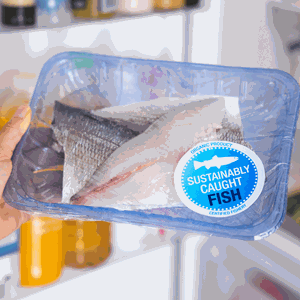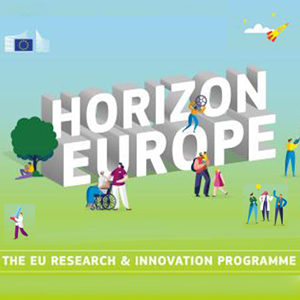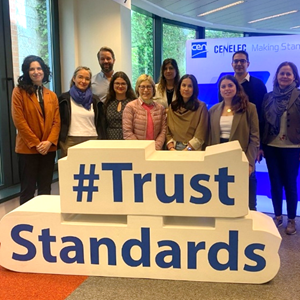NEWS

Today, on 20 May 2025, CEN and CENELEC are happy to join the European Quality Infrastructure Network to celebrate World Metrology Day.

A new CEN Workshop is being planned as part of the activities of the EU project “VeriFish”. The aim of this project is help consumers by equipping them with the tools to make informed decisions about the seafood they buy.

Launch of the CEN Workshop 'AMBIANCE - Advanced Manufacturing of Biobased products for urban outdoor applications through iNnovative CharactErisation, digital technologies, and circular approach'

This week the European Commission published the long-awaited Work Programme for 2025-2026 which sets out the R&I funding opportunities under Horizon Europe. Horizon Europe with is the largest R&I programme of the EU to date has as overarching goal to contribute to the green and digital transition as well as to building a united, more competitive, fairer and more resilient Europe.

Brussels, May 9, 2025 – Happy Europe Day from CEN and CENELEC! In celebration of the 75th anniversary of the Schuman Declaration, Europe not only reflects back on the hopes of peace, integration and democratic cooperation in Europe, but the day where the foundation of the European Union was solidified. One notable success of this cooperation has and continues to be the European Single Market.

A new CEN Workshop is being planned which will complement the activities of the EU project 'ETERNAL'. The aim of this project is to contribute to the safe and sustainable development of pharmaceutical manufacture, use and disposal.

The implementation of the AI Act depends on a strong foundation of European standards and best practices – developed collaboratively by industry, public authorities, consumer representatives, researchers, and other stakeholders.

The April issue of the CEN-CENELEC newsletter 'On the Spot' is out now!

Thanks to funding from the European AI & Society Fund (EAISF), ANEC has been able to launch a new AI Taskforce for consumer professionals. The AI Taskforce was created early February and has 9 members from 8 countries (Austria, Germany, Cyprus, Bulgaria, Netherlands, Greece, Spain and Italy).

On 3 April, the Standardization Request for the Cyber Resilience Act (CRA) was officially accepted by CEN, CENELEC, and ETSI. In response to Mandate M/606 from the European Commission, the three European Standardization Organizations have committed to delivering harmonized standards well in advance – at least one year before the CRA enters into application.